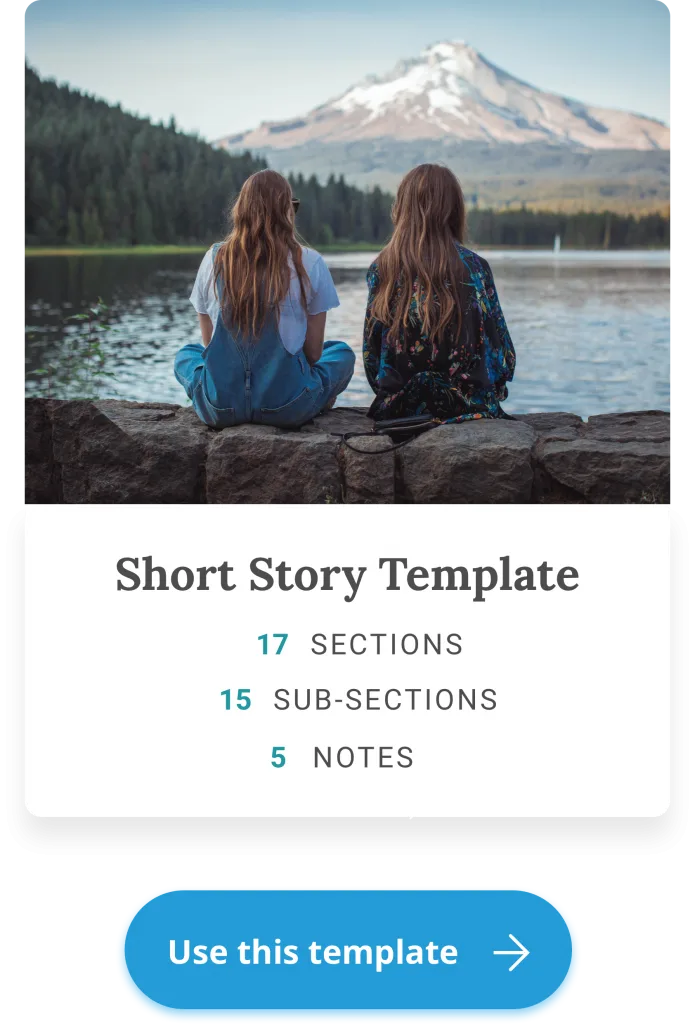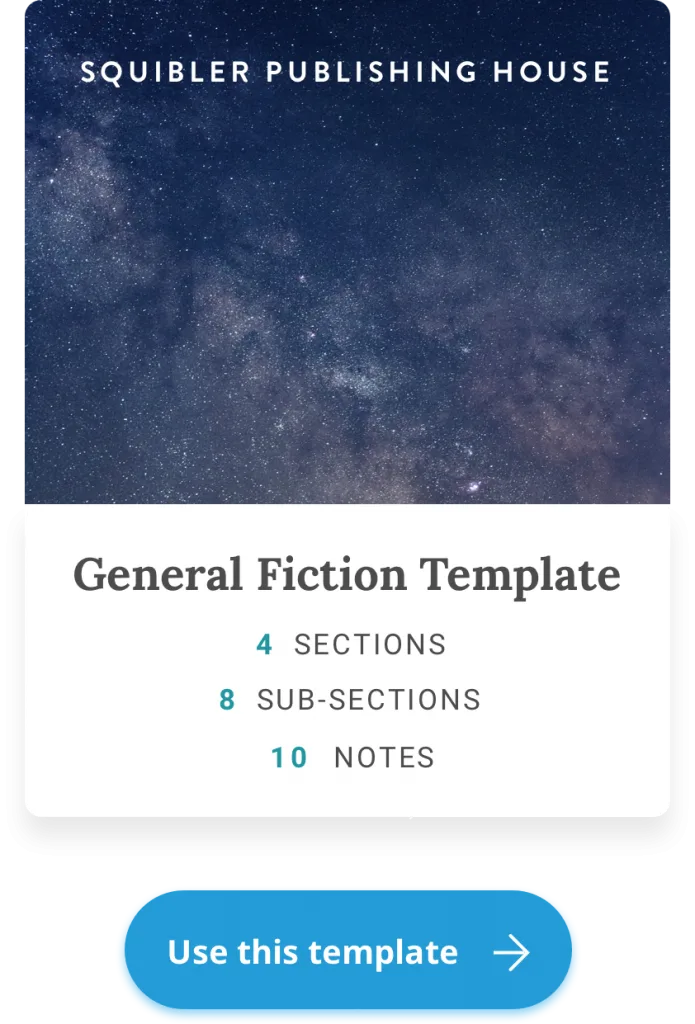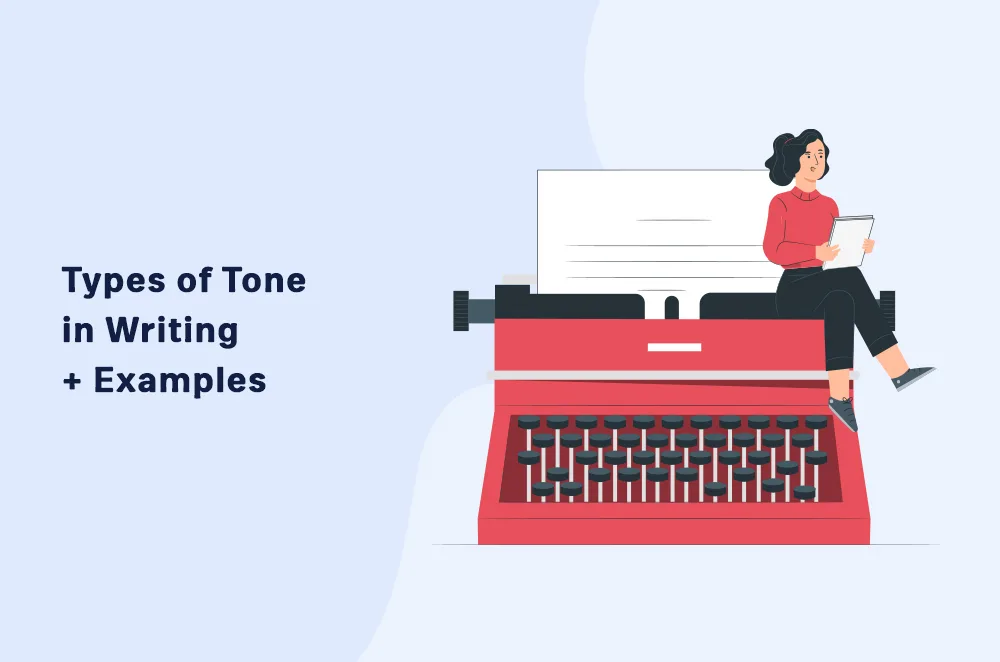The world of writing is vast – what immediately comes to mind when you hear the term “writer” or “writers”? You may think of an author who writes fiction, or perhaps a grant writer or a journalist who reports the news. The truth is, there are so many different types of writers, all with varying styles.
Many writers focus on one type of writing, but there are some who become versatile and can write great pieces in various areas. Writing is a place where rules are meant to be broken, and stereotypes are smashed to pieces. Creativity is not meant to be contained.
That being said, there are a few generalized types of writers that exist.
Types of Writers: Fiction
There are many writers who deal exclusively in fiction. They have creative minds and love to tell stories. These writers will have a knack for building characters, setting up a plot, and creating wonderful atmospheres. Most of the time, a good writer of fiction will have some level of natural ability in this area, but that doesn’t mean they can’t improve!
A good and dedicated fiction fanatic will constantly strive to get better. Simply writing a lot, gaining experience, and asking for feedback will help a writer improve their craft. There may also opt to take a few classes, or enlist the help and support of a mentor.
Within the realm of fiction, there are many different areas a writer can work in. Some choose to stick to one, while others branch out and create multiple different types of fiction.
Short Stories
Technically, short stories range from 1000-30,000 words. However, the majority of short stories are usually under 10,000 words, with 1-2000 being a popular number.
Short stories can sometimes be difficult to write, which is where this helpful short story template can come in handy:

Short stories often have a way of being mysterious and ominous. They tend to leave you hanging on an open-ended cliffhanger of sorts. A short story doesn’t have the room for development that a novel does, so the reader is often thrown into the middle of something. They only discover answers as they read on.
Short stories can be fun and impactful to read, and a lot of writers find them both challenging and entertaining to write.
Novellas
Novellas are an interesting little piece of the market. They are not very common, but they can be quite interesting when done well. A novella sits between a short story and a novel, usually falling between 30,000 and 50,000 words. A novella allows for a little more pacing and development than a short story, but still offers readers a quick and easy experience. Novellas can be a tough sell, so it has to have an interesting premise to get anyone’s attention.
Some authors write a novella as a companion book to a successful novel they have already published. It could be a short prequel or a deeper backstory on one of the characters. They could create a spin-off series of novellas that depict the life and adventures of a side character.
Novels
Arguably the most popular type of fiction in the eyes of both readers and writers is the novel. Novels can be anywhere from around 55,000 words to 300,000. Though It is not generally advisable to purposefully aim for the higher end of the scale as these can be hard to market.
Whatever type of novel you want to write, a template like this one can be quite helpful in completing your endeavor:

Novels are an incredible way to tell a full story, from the very beginning to the very end. Novels usually contain the most dynamic of characters, as there is enough time to have a full transformation happen within a character. Even more so when the story takes place over several novels.
Scripts and Screenplays
Writing for conversion to the screen is a whole different ball game. It has the same elements of fiction – characters, plot, settings – but you need to visualize it as well. Picture it as if it is being played out in front of you, and document these elements as well. Movements, expressions, entrances, exits, cut scenes, etc. Not every writer can translate their story into a proper script.
The Planners and the Pantsers
When it comes to fiction, you will find there is a wide range of writing styles, with two extremes.
On one end of the spectrum are the intense planners. These writers outline like crazy people and have every detail, every scene mapped out before they begin writing. There are benefits to this level of planning. You can see how your story will play out all the way through, and you can write accordingly. Planners sometimes run into difficulty if they are halfway through their story, and they want something to change. Even a small change can disrupt their comprehensive outline and they may be left feeling stuck.
On the other side of this, you will find the pantsers. The most extreme pantser will not plan or outline a single word. They will take to that blank document armed with nothing but their brilliant idea. This way of writing can be fun and inspiring. Imaginations run wild and sometimes it results in some amazing creations. The problem here is when writer’s block sets in, which it inevitably will. You get stuck and have nothing to fall back on – no plan, no structure, no brainstorming.
Most writers fall somewhere in between. Some lean towards pantsing, but create a rough plan first while others have a detailed outline but still let their imagination take over sometimes.
Types of Writers: Nonfiction
In addition to your storytellers, you have those writers who live to tell the truth. The world of nonfiction is large and just as challenging as writing fiction, just in different ways. To tell the truth requires diligent research, careful planning, and sometimes lengthy investigation. The most dedicated of nonfiction writers will go straight to the source if they have to and track the right people down.
Journalism
The word “journalist” and the concept of journalism often makes people think of passionate reporters running around trying to get to the bottom of some mystery. This is sometimes the case, but journalism can be many things.
Journalism itself is simply the telling and distribution of accurate reports about recent and current events. A journalist is anyone who wishes to seek and spread this truth. This can be anything from trivial celebrity gossip to the gut-wrenching realities of third world countries. Let’s also not forget about the hard-hitting political expose’s.
A journalist’s medium can be any number of things – from newspapers, television reports, magazines, and even blogs. As long as the information is real, true, and accurate, it is journalism.
True Crime
True crime is a fascinating sub-genre that can have a lot of passion behind it. Books known as “true crime novels” are a series of completely true events told in the style of a novel. It reads exactly like a novel, but every piece of the story is true.
Many true crime novels focus on either one large, catastrophic event. Others will follow the series of crimes committed by a single person, partnership, or group. Writing these stories requires a high level of dedication and commitment. You need to do copious amounts of research because every single detail needs to be correct.
These stories are written by people who have a passion for truth and justice. They see these stories and know that they must be told, and told properly.
Auto/Biography
Biographies and autobiographies are another branch of nonfiction writing that can be both fun and educational.
An autobiography is a book written by someone about themselves and their own life. It is also known as a memoir. Famous people sometimes do this to appease their fans’ curiosity about their personal lives and experiences. Others write them as an account of an extremely traumatic or otherwise notable experience. Examples include books written by several long-term kidnap victims, as well as those who overcame a significant substance abuse problem.
A biography is a book written by someone about someone else’s life. These are often done on famous and important people from history who died long ago. These can be an interesting read for anyone but are often used for educational and research purposes.
Types of Writers: Content Creators
“Content creator” is a bit of a blanket term for those who do more professional types of writing. Writing that doesn’t tell any kind of story, but is usually meant to either educate, entertain, convince, or entice. Sometimes it does more than one of these. There is a high demand for content these days, both online and in physical publications.
Articles and Blog Posts
While newspapers and magazines probably aren’t going anywhere anytime soon, digital content is the future. The world is heading in that direction and not looking back. People turn to the internet for all kinds of reasons. To answer questions, read reviews, do research, or simply to entertain themselves.
To answer this demand, people create and maintain blogs and websites. These blogs and websites need content, and that’s where the writers come in. Many people maintain their own blog and create their own content, while others simply run the website and pay varying types of writers to write the content.
SEO
SEO, or “search engine optimization” is something that can potentially be taken into consideration with any article or blog post. Many types of writers, whether ghostwriting or maintaining their own blog, write with SEO in mind. Being optimized and attractive to search engines will bring more attention to your work.
Not everyone cares about SEO, though. Some just want to write for the fun of it, and don’t care if too many people see it. Others already have a large following, so they know their articles will get attention regardless.
Some writers take it upon themselves to study and practice SEO until they are well-versed experts. Good knowledge of SEO and the ability to put it into a piece of writing is valuable to a lot of people. Writers that specialize in SEO can potentially make a lot of money.
Marketing and Advertising
There is some content out there that is not meant to educate or entertain, but simply to sell. Marketing strategies and campaign projects often include the need for quality writing. These pieces of writing are not usually lengthy, but they need to be good.
A well-placed and well-timed ad won’t do anyone any good if the text is riddled with grammatical errors – no one will take it seriously. The advertisement also needs to be understood. The audience needs to know what they are being shown. Lastly, the best advertisements are creative, both visually and in the writing. Something catchy, interesting, or impactful is what will garner the most attention and ultimately the most sales.
Technical Writers
Technical writers are unique in their ability to make highly complex information or processes sound simple and easy to understand. These are people with a high level of technical knowledge, either in general or specific to one brand, or one type of product. They combine this with their writing skills to create guides, instructions, and how-tos for less technically inclined audiences.
These writers will also create articles about common problems people have with their staple items – such as cell phones and laptops. They write out the solutions in a series of steps and explanations. These articles will then show up and save the day when a troubled consumer searches for help with a problem they don’t understand.
All Types of Writers Have Their Specialty
Most of the time, a writer will have one area that they specialize in. Either they have the most skill in this area, or they love it the most – or both. Some will stick to their “main” type of writing for their entire career. This is true of many authors. There are authors that have published upwards of 25 novels, but you’ll never see them publish an article or start a blog.
Others will branch out and explore other areas, even if they need some extra practice to get good at it. Many types of writers will expand their knowledge and experience so they can be proficient in many or even all areas of writing. Many content creators especially will gain skills in several different areas so as to improve their versatility and usefulness to clients.



